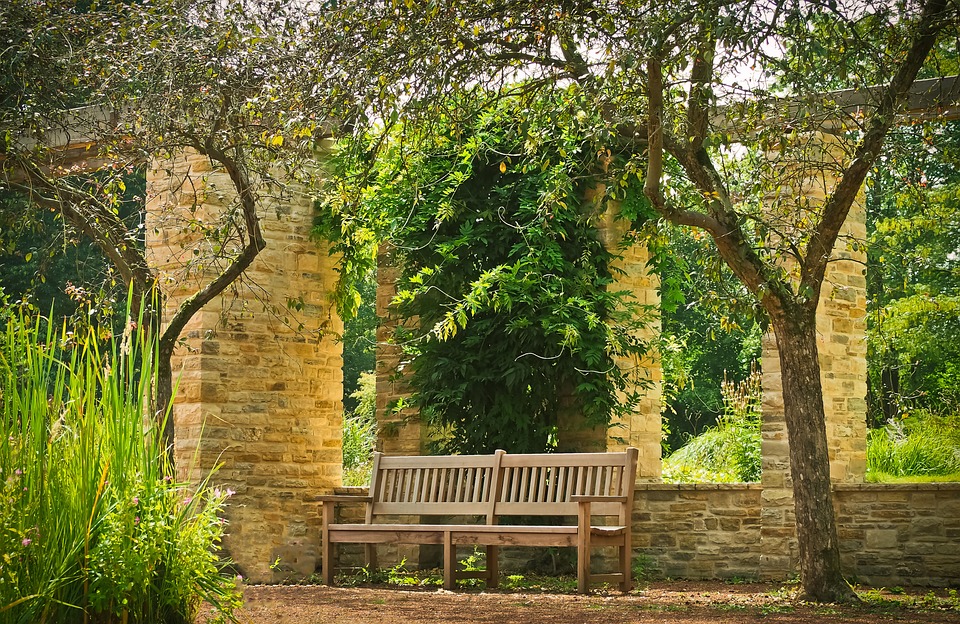Introduction
Living in an apartment doesn’t mean you have to give up your dreams of having a beautiful garden. With the right techniques and creativity, you can create a thriving garden in limited space. Apartment gardening is a fantastic way to enjoy the relaxation and beauty of nature, even if you don’t have access to a large plot of land. In this article, we will share some secrets and tips to help you unlock the potential of apartment gardening.
1. Choose the Right Plants
When space is limited, it’s crucial to choose plants that are well-suited to apartment living. Look for compact varieties that are specifically bred for containers, such as dwarf tomatoes, peppers, and herbs. You can also consider vertical gardening, where climbing plants like peas and beans can be trained to grow upwards on trellises or stakes. Additionally, succulents and cacti are great options for apartment gardens as they require minimal care and thrive in small pots.
2. Maximize Vertical Space
Utilizing vertical space is a game-changer for apartment gardening. Invest in vertical planters, hanging baskets, or wall-mounted containers to make the most of limited floor space. You can also use shelves or bookcases to display your plants, creating a green oasis within your apartment. Don’t forget to secure your planters properly to avoid any accidents or damage.
3. Optimize Natural Light
One challenge of apartment gardening is often limited access to natural light. However, you can still create thriving gardens by optimizing the light you have. Place your plants near windows that receive the most sunlight. Consider using reflective surfaces like mirrors or white walls to bounce light back onto your plants. If natural light is still a concern, you can invest in artificial grow lights specifically designed to meet the needs of indoor plants.
4. Use Creative Containers
When space is limited, think outside the box and get creative with your choice of containers. Look for unique and unconventional pots, such as repurposed mason jars, old teapots, or even shoe organizers. Make sure your containers have proper drainage to prevent waterlogging and root rot. You can also try vertical gardening systems that allow you to grow plants in stacked layers, making the most of vertical space.
5. Efficient Watering
Watering is an essential aspect of apartment gardening. Since space is limited, it’s crucial to water efficiently to prevent water wastage and ensure your plants receive the right amount of moisture. Consider using self-watering containers or incorporating a drip irrigation system. Mulching the top layer of the soil helps retain moisture and reduces the need for frequent watering. Regularly check the moisture levels to avoid over or under-watering.
FAQs Section
Q1: How often should I water my apartment garden?
Answer: The frequency of watering depends on various factors such as the type of plants, container size, and environmental conditions. Generally, it’s recommended to check the moisture levels regularly and water when the top inch of soil feels dry. Avoid over-watering, as it can lead to root rot.
Q2: Can I grow vegetables in an apartment garden?
Answer: Absolutely! Many vegetables can be successfully grown in containers, such as tomatoes, lettuce, peppers, and herbs. Just ensure that the chosen vegetables receive enough sunlight and provide adequate space for their growth.
Q3: How can I deal with limited natural light in my apartment?
Answer: If your apartment doesn’t receive sufficient sunlight, you can invest in artificial grow lights. LED grow lights are energy-efficient and provide the necessary light spectrum for plant growth. Position the lights close to the plants and adjust the duration based on the specific light requirements of your plants.
Q4: What should I do about pests in my apartment garden?
Answer: Pest control is crucial in any garden, including apartment gardens. Keep your plants clean and healthy to prevent pest infestations. Consider using organic pest control methods like neem oil or insecticidal soap. Proper air circulation and regular inspections can also help you detect and address any pest issues in the early stages.
Q5: Can I compost in my apartment?
Answer: Yes, you can compost even in a limited space. Consider using a small countertop compost bin or worm composting (vermicomposting) system. These methods allow you to convert kitchen scraps into nutrient-rich compost without the need for a traditional outdoor compost pile.




